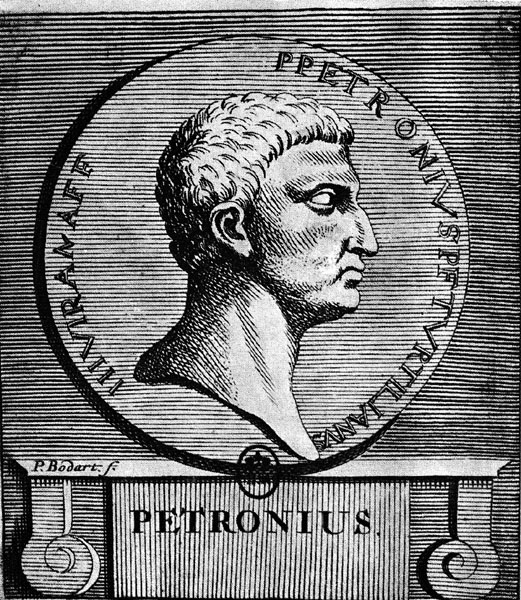
Solving problems almost always starts with ensuring you’re solving the actual problem. When the actions we should take are not obvious, or the problem is difficult, it’s easy to feel the need to do something … anything. We convince ourselves that motion is better than inaction. The choice, however, isn’t between action and inaction. This is a false duality. There is a third option that often makes the most sense.
“We trained hard, but it seemed that every time we were beginning to form into teams, we would be reorganized. I was to learn later in life that we tend to meet any new situation by reorganizing, and what a wonderful method it can be for creating the illusion of progress while producing confusion, inefficiency, and demoralization.”
— Roman satirist Petronius Arbiter
There is something almost poetic in the way that Petronius (27 AD — 66 AD) so succinctly captures a phenomenon that most of us have been through.
Poorly performing organizations or divisions reorganize all the time. Sometimes the source of the problem is the organization, more often than not, however, reorganizations offer little impact on the results.
Consider taking charge of a poorly performing division at work. The pressure to deliver is high. You’re told this is your big opportunity. You’re advised to take charge and lead. You’ve been taught that doing something is the same as results, so you naturally mistake movement for results. So it’s only natural that you come up with a plan to move the boxes around and reorganize the division.
Movement offers shelter from failure. When you’re in motion, you feel like you’re doing something. We convince ourselves that as long as we’re in motion, we can’t fail. As long as we’re doing something, anything, failure can’t really find us.
Movement feeds our ego. Our evolutionary programming craves the validation of others. In a world that values action and short soundbites, nuanced conversations are hard. Others don’t have time to really listen to your nuanced story as they run to their next meeting. And telling people that you’re doing nothing results in disapproving looks. Movement offers the drug of validation to the outside world. It is far easier to tell others that we’re doing something than doing nothing. And so we do.
Perhaps a few examples will help illustrate the concept. First, consider the person we all know that is always planning to start a business. Planning is doing something. It’s action. We can tell others about our dreams, and as long as we’re planning we never risk failure. Second, consider the person who has been writing a book for years. The movement of editing and refining serve a purpose, of course, but when that purpose becomes an end we never get results. There is no risk of failure if you don’t publish your work. Finally, consider the person that wants to get a promotion at work. They take on so many new projects they are always too busy to apply for that promotion. They’re busy but they aren’t getting the results they want.
Movement teases us with the illusion of progress. However, action for the sake of action that results in success is nothing more than dumb luck. And Confusing movement with results often makes things worse, not better.
I don’t know about you, but I’d rather make success a little less about luck every day.
Motion is easy. Results are hard.
Preparations are necessary but not sufficient for achieving results. The actions we take are often just preparations for what we really want to accomplish. We read a diet book instead of dieting. We learn how to use Shopify or Woo commerce instead of starting a store. When we confuse preparations with the end instead of the means, we really trick ourselves.
Maybe Pascal was right when he said, “The sole cause of man’s unhappiness is that he does not know how to stay quietly in his room.” And yet this inability to sit quietly serves us as well. You wouldn’t be reading this right now if the people who made your device sat quietly in a room. As with everything, it’s not black and white. We have to learn when sitting quietly in a room serves us and when it hurts us.
Doing something isn’t the same as getting results. The problem is we convince ourselves that our only options are to do something or do nothing. We forget the third option, gathering more information. While there will always be pressure to do something immediately with urgency, most of the time that action will be wasted. We’d be much better off if we stop for a moment and gather more information before acting.
The next time you feel the urge to do something for the sake of doing something remember what Thoreau said: “It is not enough to be busy; so are the ants. The question is: What are we busy about?”
